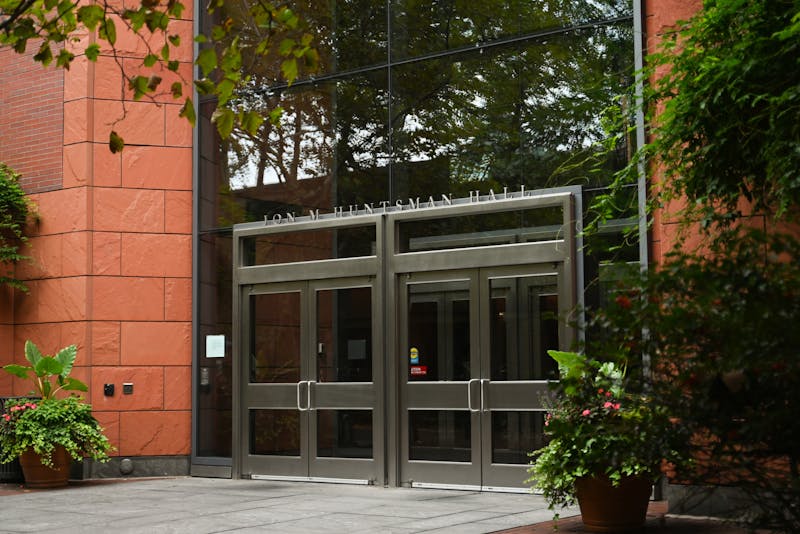
In a small, unairconditioned house decorated with French anarchist posters, the Books Through Bars Collective hosts "packing cafes" every Tuesday and every other Saturday at its West Philadelphia base, boxing a collection of titles ranging from a dated-looking edition of The Yachtsman's Emergency Handbook to John Grisham's The Rainmaker for prison inmates across the country.
"It's not the Library of Congress," Geoffrey Harden comments, as he gives a tour of the premises to a newcomer. Responsible for volunteer orientation and database management, Harden explains that books have to be organized by genre, and not by author or title, as inventory changes too quickly. Indeed, the cafe gets pretty busy as volunteers start walking around, looking for books matching the requests sent by prisoners and then frantically preparing dozens of packages.
This altruistic program has its roots in tax resistance. According to Nicole Meyenberg, a longtime volunteer and Collective member, Books Through Bars began with a man working for a Philadelphia-based publisher who was paid less than a taxable wage, allowed his employer to make up the difference between what his salary would have been and what it was by covering the postage.
And so the idea incubated, but it was only "around the mid-nineties that it solidified more as a project," Meyenberg explains. However, "it is really in the last two or three years that the organization has stabilized." With the help of grants and a major donor campaign, Books Through Bars has been able to increase the volume of their work. The organization now even provides information and advice to individuals starting similar projects in other areas.
Since their beginnings, a variety of people have been coming to the packing cafes. While eight members consistently participate in the business side and long-term planning, volunteers come every week and get involved at whatever level they wish. Sometimes, only four people will show up; other times, the small space dedicated to the project will become hectic as fifteen people try to do their job efficiently.
If the stated goal is of course to provide access to education for prisoners, Book Through Bars is also a great opportunity to educate the public. "It meets a material need of the individuals affected by imprisonment while raising awareness about prison issues," Harden says, citing the low literacy levels demonstrated in their letters. "Just the fact that an organization like ours needs to exist on the outside to send books to prisoners shows that there is a high demand for educational resources that is not met by the prisons."
The organization is a link between two worlds, as people who have never worked with prisons or prisoners meet some that have a lot more experience in the field. While Meyenberg got involved through "working with and on behalf of several political prisoners," for many, the first day on the job can be "a real a-ha moment."
Prisoners' "letters offer a perspective on their life that shows their humanity, in contrast to the public perception of prisoners as a class of violent sociopaths," Harden points out.
The organization also uses the help of former prisoners. Meyenberg remembers one who even brought back the books he had ordered through the project while incarcerated and donated them again -- an example of the best of both sides of the program.
Spencer Willig contributed to this report.
The Daily Pennsylvanian is an independent, student-run newspaper. Please consider making a donation to support the coverage that shapes the University. Your generosity ensures a future of strong journalism at Penn.
DonatePlease note All comments are eligible for publication in The Daily Pennsylvanian.







